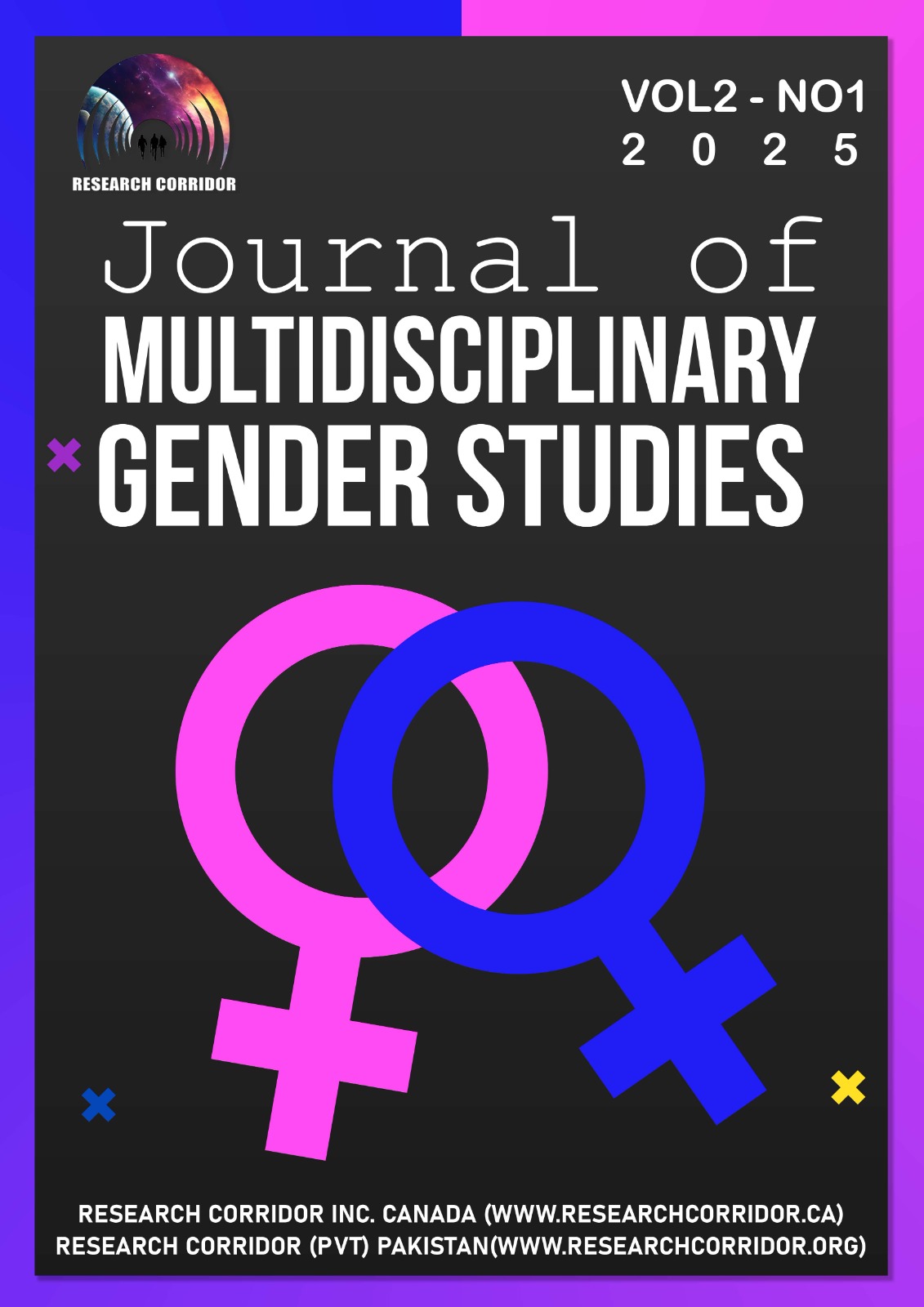Feminist Utopias: Imagining Gender-Equal Futures in Literature and Media
Keywords:
feminist utopias, gender equality, literature, media, speculative fiction, feminism, social justice, dystopia, alternative futures, representation, gender rolesAbstract
Feminist utopias serve as a powerful literary and media-driven means of envisioning gender-equal societies, challenging patriarchal norms, and reimagining social structures. These utopias critique existing gender hierarchies while proposing alternative models where equality, justice, and inclusivity prevail. Throughout literature and media, feminist utopian narratives explore themes of matriarchy, communal living, reproductive freedom, and technological advancements that redefine gender roles. Works such as Charlotte Perkins Gilman’s Herland and Ursula K. Le Guin’s The Left Hand of Darkness illustrate speculative reconfigurations of gender dynamics, questioning the constructs of masculinity and femininity. Meanwhile, contemporary media representations, including television series like The Handmaid’s Tale and Sense8, engage with feminist utopian and dystopian ideas, emphasizing resistance, solidarity, and transformation. These narratives challenge essentialist views of gender and highlight the intersections of feminism with race, class, and sexuality. Feminist utopias are not merely escapist fantasies but critical thought experiments that propose pragmatic pathways toward social justice. This paper examines how feminist utopias function as ideological blueprints for gender-equal futures by analyzing their recurring motifs and their potential for real-world application. By studying these narratives, we gain insight into how literature and media construct gender roles and imagine alternative realities that question the status quo. The research underscores the significance of feminist utopias in shaping cultural discourse and inspiring tangible social change.





